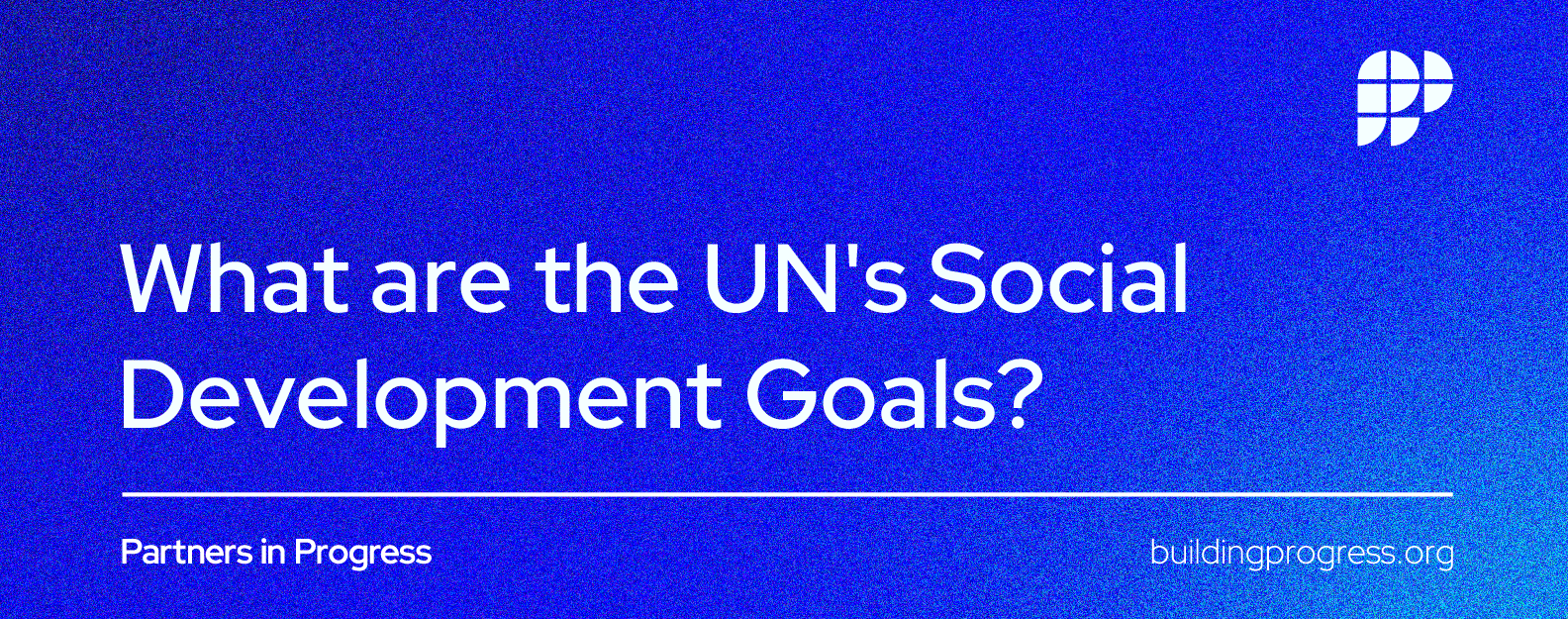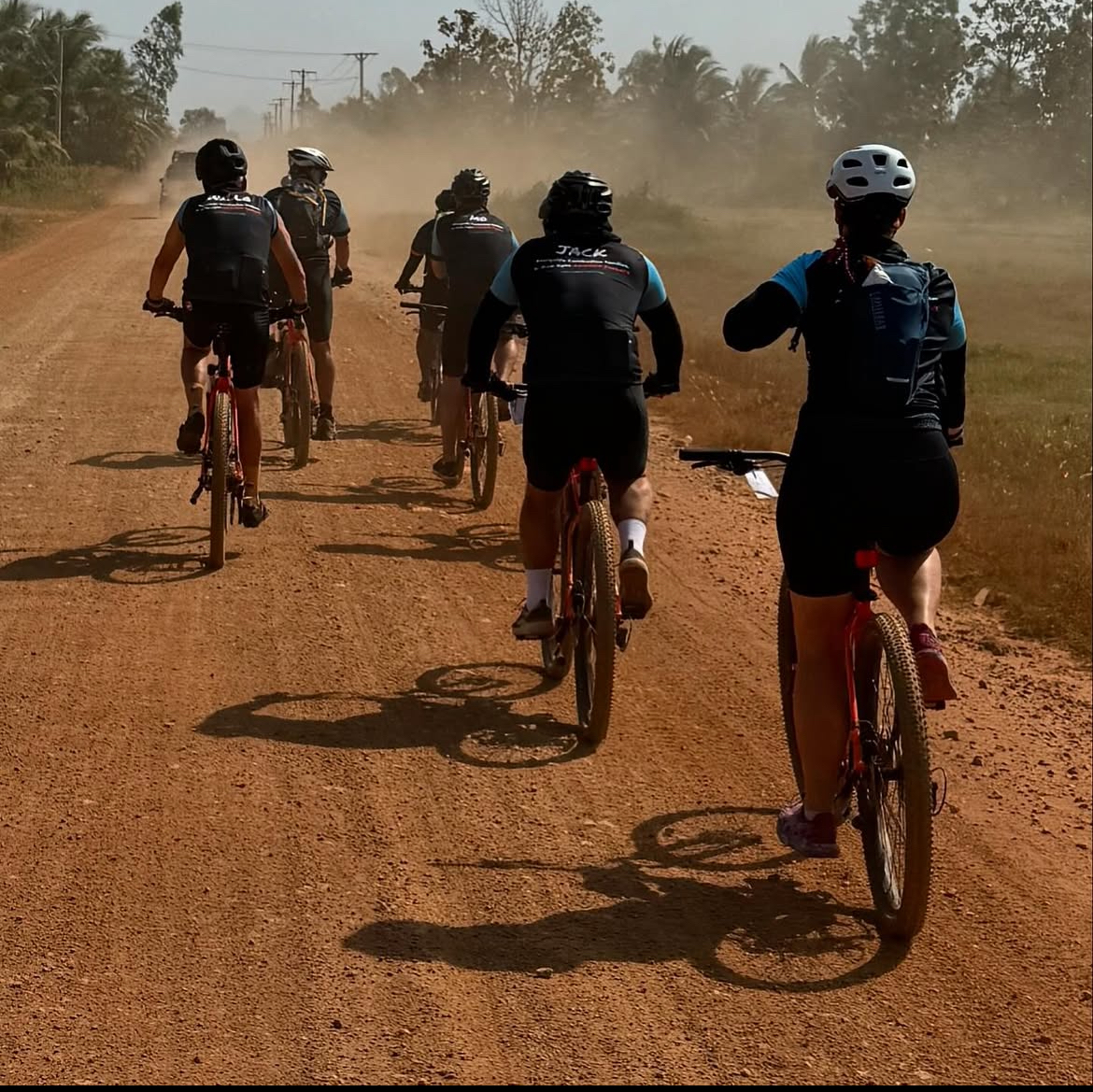The United Nations Sustainable Development Goals, commonly abbreviated to the SDGs, are a set of 17 objectives that aim to address a range of social, economic and environmental challenges around the world. These goals were established by the United Nations in 2015 as part of the 2030 Agenda for Sustainable Development, with the aim of empowering disadvantaged communities and creating a more sustainable and prosperous world for all.
History of the Goals
The modern SDGs are not the first of their kind and harken back to the Millennium Development Goals (MDGs), which were adopted by the United Nations in 2000. The MDGs were comprised of eight goals that aimed to decrease poverty, improve health and education, promote sustainability and more.
While the MDGs were a helpful aid in making progress and were a great starting point, it became evident that a more comprehensive and integrated approach was needed to address the complex and interconnected challenges facing the world.
Building upon the successes and lessons learned from the MDGs, the United Nations initiated an inclusive and participatory process to develop the SDGs. This process involved consultations with governments, civil society organisations, businesses and citizens from all around the world. In 2016, the MDGs concluded and the SDGs were launched alongside the 2030 agenda.
How the SDGs Guide Our Efforts
The SDGs serve as a roadmap for the world’s governments, as well as charity organisations such as ourselves, to work together towards achieving sustainable development – development that meets the needs of the present without compromising the ability of future generations to meet their own needs.
The SDGs provide a framework for identifying and addressing key social, economic and environmental issues in a holistic manner. The goals are interconnected, recognising that progress in one area often depends on progress in others. They cover a wide range of the world’s issues, including poverty, hunger, health, education, gender equality, clean water and sanitation, renewable energy, economic growth and climate action.
The SDGs are guides and are not legally binding, but they serve as a powerful tool for converting effort into actionable change and fostering global cooperation. They provide a common language and shared vision for governments, businesses, and non-profit organisations to align their efforts towards making the world a better place. The goals also help track progress and hold stakeholders accountable for their commitments and actions.
The 17 Goals
The 17 United Nations Sustainable Development Goals are as follows:
- No Poverty
- Zero Hunger
- Good Health and Wellbeing
- Quality Education
- Gender Equality
- Clean Water and Sanitation
- Affordable and Clean Energy
- Decent Work and Economic Growth
- Industry, Innovation, and Infrastructure
- Reduced Inequalities
- Sustainable Cities and Communities
- Responsible Consumption and Production
- Climate Action
- Life Below Water
- Life on Land
- Peace, Justice, and Strong Institutions
- Partnerships for the Goals
The Partners in Progress Foundation
At Partners in Progress, our efforts and values are aligned with the United Nations Sustainable Development Goals, they serve as a practical way to guide our charitable endeavours and ensure that they are all they can be.
If you would like to find out more about how the SDGs can help elevate your non-profit organisation and ensure sustainable development, get in touch with the Partners in Progress team today.




